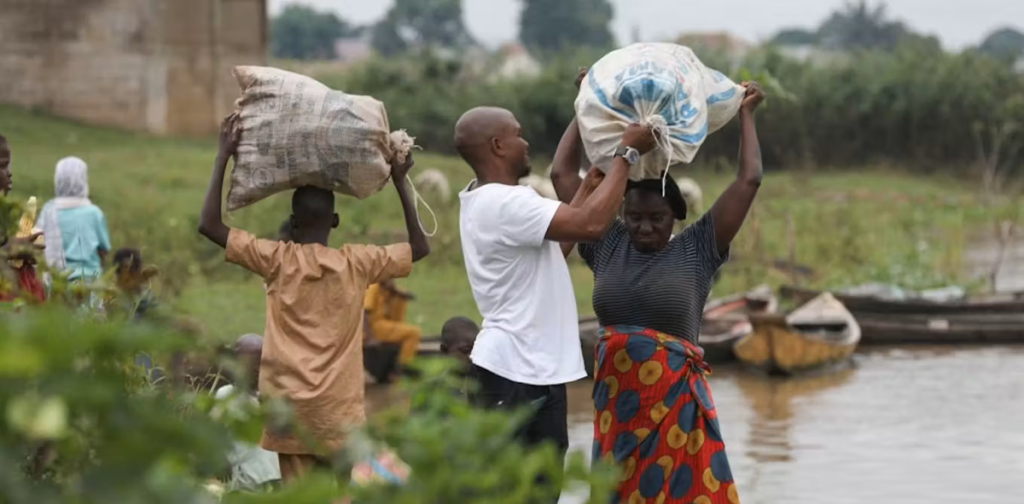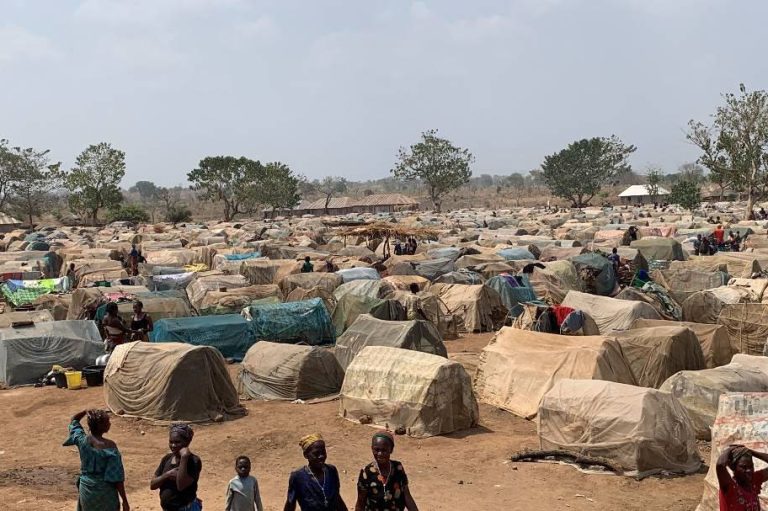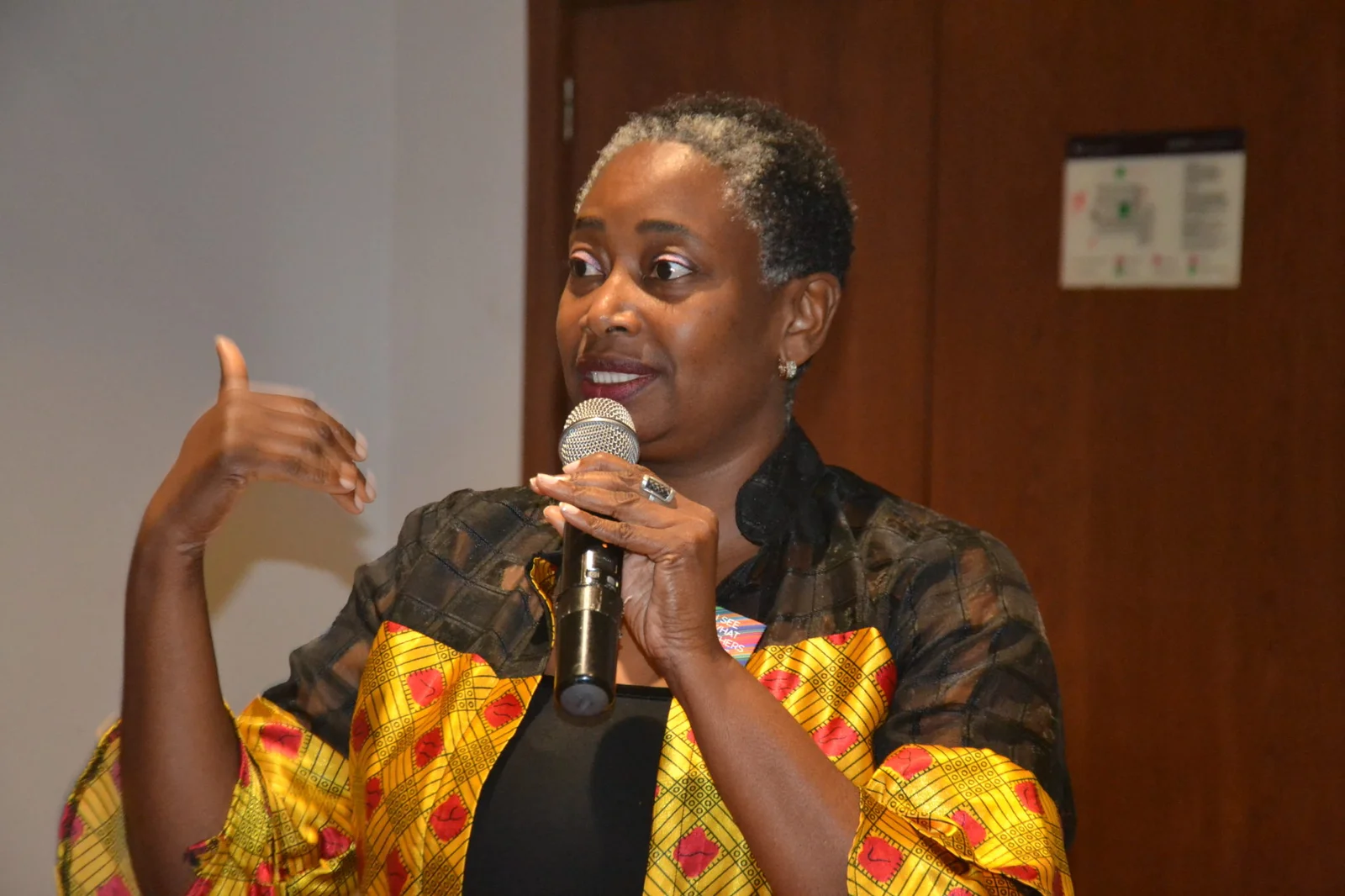Ier Jonathan-Ichaver, co-founder of the Sesor Empowerment Foundation, has described the ongoing violence in Benue State as a form of “ethnic cleansing” and “genocidal attacks” that have displaced over two million people. She made these remarks during a Town Hall meeting organised by News Central on Thursday.
“These attacks are genocidal and one of the things we’re advocating is that we need to call them what they are. They’re genocidal attacks and ethnic cleansing that is going on not just in Benue but across the Middle Belt,” she said.
Ichaver condemned the Nigerian government’s failure to provide security, urging all tiers of government to take responsibility under the constitution.
“We’re not just appealing, we’re calling on the federal, state, local government at all levels to do their job,” she stated, citing the constitution. “Section 14(2)(b) of the Nigerian constitution says the primary purpose… of government shall be the security of the people and their welfare. Anything else, it is turenchi, as we say here.”
She argued that without justice, peace will remain elusive in the region.
“One of the things we work for and advocate for is for people to get first justice because without justice there can be no peace. That is just the way God has created human beings.”
According to data gathered by Sesor and its partners, the Foundation for Justice Development and Peace, over 622 attacks have occurred in Benue alone since 2009.

“In the last two years alone, over 1,100 people have been killed. I’m just talking Benue,” Ichaver said.
She accused the government of negligence, particularly in allowing alleged foreign attackers to operate freely across Nigerian territory.
“Now, when our government says these are foreigners, no foreigner can go to any country that takes the security seriously, do an attack, and get away scot-free. In Nigeria, we have seen them getting away scot-free for far too long.”
Ichaver also expressed concern over the wider implications of the violence, noting its impact on food security and national stability.
“This is an attack on Nigeria, on the West African sub-region… They’re also attacking our food security.”
On the humanitarian crisis, she highlighted the displacement of millions and the loss of rural livelihoods.

“In Benue alone, the last official estimates… put the displaced at over 2 million. That’s the size of a country. And what is happening is that we’re being driven out of our rural ancestral homes into the cities.”
She said attackers have begun renaming towns, engaging in illegal mining, and committing mass kidnappings and sexual violence.
“They’ve kidnapped… well over 100 people… and raped 95 women to our count,” she revealed. “These figures are underreported because a lot of the communities… just try to recover.”
Ichaver concluded with a call to action: “Our message and our call is for government to rise up to its responsibilities… It is not [the job of security agencies] to come after people have been killed… The first thing they should do is arrest the perpetrators and their funders.”
Her comments echo a growing demand for accountability and urgent action to address a worsening humanitarian and security crisis in Nigeria’s Middle Belt.


 Trending
Trending 